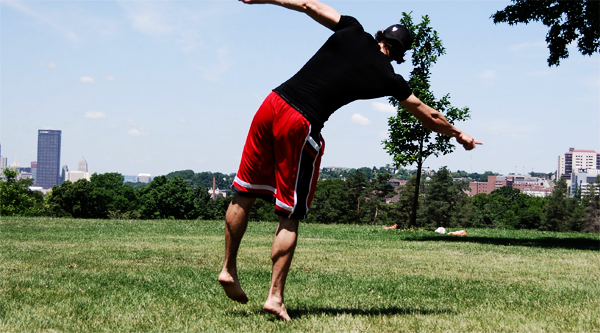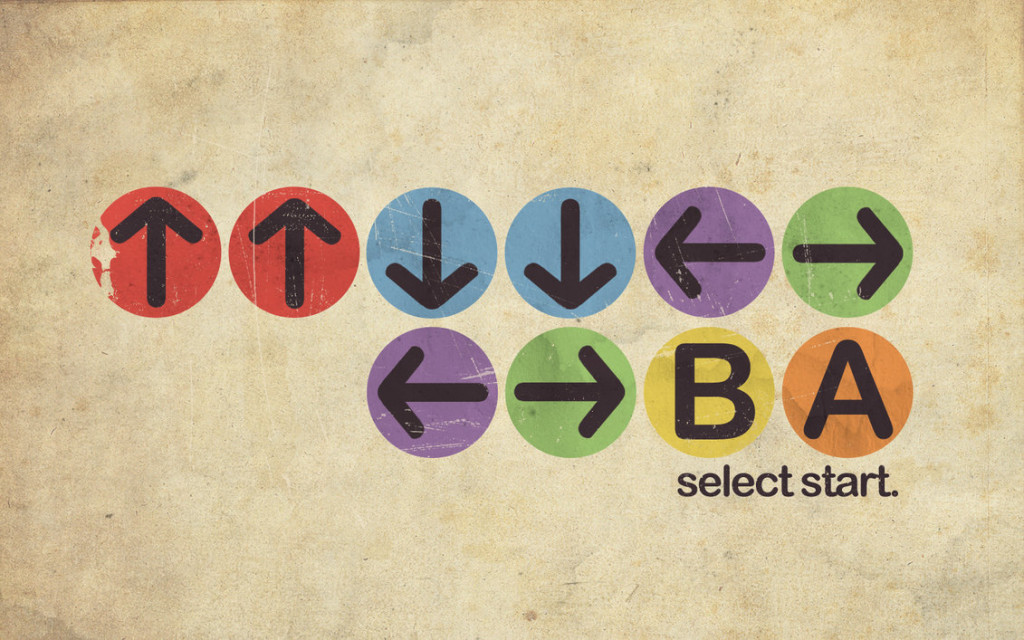“Take two of these and call me in the morning.” It’s the cliché medical advice that, sadly, is still thrown around to this day. Feel better immediately; don’t fix the problem long term. The pill mentality injects the “healing / getting better is easy” thought in our brain. Just down a few pills. That’s all it takes. [...]

“Take two of these and call me in the morning.”
It’s the cliché medical advice that, sadly, is still thrown around to this day. Feel better immediately; don’t fix the problem long term. The pill mentality injects the “healing / getting better is easy” thought in our brain. Just down a few pills. That’s all it takes.
And then there are skills. Tricking teaches me a lot about skills: one small tweak is sometimes all it takes to stick a trick, and it takes both time and practice to get good. We accept a long road with skills. You wouldn’t expect to master the violin in one month.
We don’t often think of strength (via barbell or body weight training) as a skill. I know I didn’t until Dan John started talking about it, and I’m pretty sure he got the idea from Pavel Tsatsouline. Matt Perryman further mentioned it in Squat Every Day, specifically the wild idea that the more you squat at a maximal-ish level, the better you get at squatting maximally. Who woulda thought? Not me, to be honest. But squatting with no weight is different than squatting with some weight is different than squatting with near maximal weight, even though they all rely on the same simple “skill” of squatting.
But the squat is a movement skill. There’s also, I like to think, physiological skill behind a lot of things, and this is something that’s been in my brain for a little while.
Skills aren’t pills
The pill is popular because it’s easy. It’s a capsule that solves problems and has simple, universal directions. Do “x” thing, get “y” result.
Skills are neither universal, nor “simple.” It’s not uncommon for a cue to be a godsend to one person in tricking, and for the same cue to be absolutely nothing to another person.
Pills are set paths. Skills are open avenues.
The more I fiddle around in this realm of physical training — dare I say Myomutant training – the more I ingest everything as a skill. Not necessarily because I think everything is a skill, but because it helps me sleep at night.
There is no set path, only open avenues.
Skills take time. Skills take consistent, dedicated practice.
Skills take days of “this isn’t fun, and this kind of sucks.”
You don’t develop a skill unless you love the practice—unless you love doing whatever it is you’re doing.
Skills aren’t pills. Skills aren’t, “take two of these and call me in the morning.” They aren’t, “this exercise, this number of sets, this number of reps, and that’s the answer to everyone’s world.”
If it were, then the “formula” would have been known, don’t you think? It takes experimentation to find your own way because we all have different “coordination.”
Your body is “coordinated” internally. Since you were a lad, you’ve been laying down myelin in the name of faster neural connections, you’ve been stimulating movement pathways, you’ve been teaching your body to work a certain way on every physiological front.
Got stubborn body fat?
You told it to be there.
Want to gain muscle?
Tell it to be there.
To change how your body works, you have to teach it how to rework. Just like you teach your fingers how to find their way around violin strings.
You’re permanently altering the way your body functions. If you didn’t do the training, the adaptations wouldn’t otherwise happen.
And the thing with this: everyone starts with a different level of coordination (from a combination of genetics and a life of experiences – the latter being just as out of control as the former, as no five year old consciously thinks about laying down myelin and altering internal physiology).
So you learn how to build muscle. You learn how to make your muscles more fast twitch. You learn how to mobilize stored body fat as your primary energy source.
Just as with a violin, you don’t learn overnight. If you’re a bit more “coordinated” (if you have some musical experience) you might learn quicker. If you don’t even know what a G-clef is (I didn’t prior to googling it for this article), you’ll take longer. You have to create (or optimize) an entirely new set of neural pathways and slowly reteach your physiology to function in a performance-body fat burning way, as opposed to a sedentary-fat building way.

So although the act of squatting and mastering exercises is simple, your body and its physiology is learning how to coordinate all of the systems to work in a way that’s best for your goals — it’s gaining a skill. The body is an emergent system: the whole is greater than the sum of its parts. You’re not only learning how to contract your muscles more, you’re learning what muscles to relax, you’re laying down myelin for certain neural pathways, you’re learning how to release more hormones, you’re learning how to mobilize energy.
It doesn’t just flip overnight. Your internal workings don’t change upon “popping a pill.” Your body works a certain way during your first training session ever, and a completely different way during your firs training session of your second total year of your training.
You slowly learn how to coordinate a subset of procedural pieces to learn the “whole skill.” It’s more than muscle, just as playing the violin is more than muscle.
So the question — the moral — is twofold:
1) If I told you that you had to learn a butterfly twist, whatever trick, or even play the violin, how would you go about it? And then how does this differ than how you’re trying to reteach your physiology for muscle building, fat loss, explosiveness, or whatever…? Is an eight week program really enough?
2) Given that everyone has a different initial level of “coordination,” are you relying on advice from those with a different initial skill subset — one that’s totally different than what you have? Are you listening to someone about body composition that’s been lean their whole life? Are you asking someone strong how to strength train for tricking that’s never done anything in the realm of losing all visual-perceptual-kinesthetic awareness, and only hangs around a barbell?
It’s about learning, or, at least you should think of it as learning. Everyone learns differently. Everyone needs different tips, different methods.
Your progress is yours. You can’t compare how fast you learn to how fast someone else learns. It takes some longer than others, and that’s just life. That’s coordination.That’s skill.